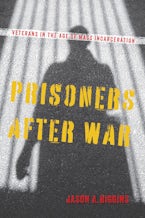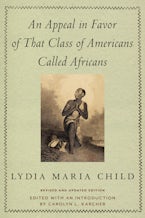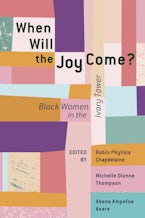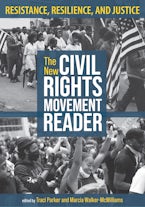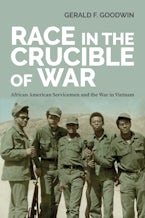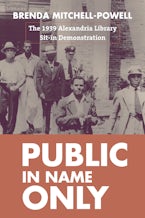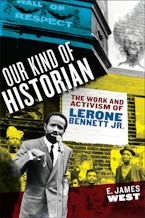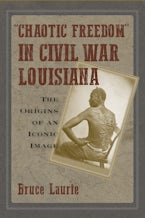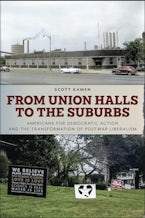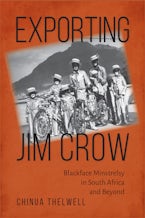- Home
- The FBI and the Catholic Church, 1935-1962
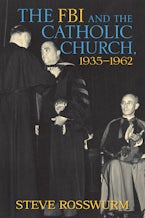
The FBI and the Catholic Church, 1935-1962
Published by: University of Massachusetts Press
352 Pages, 6.12 x 9.25 x 1.00 in
Other Retailers:
During his long tenure as director of the Federal Bureau of Investigation, J. Edgar Hoover made no secret of his high regard for the Catholic faith. Though himself a Protestant, he shared with Catholicism a set of values and a vision of the world, grounded in certain assumptions about the way things ought to be in a well-ordered society. The Church reciprocated Hoover's admiration, establishing the basis for a working alliance between two powerful and influential American institutions.
Steve Rosswurm explores the history of that relationship from the turbulent 1930s to the 1960s, when growing Catholic opposition to the Vietnam War led Hoover to distance himself from the Church. Drawing on a vast range of sources, including thousands of pages of previously classified FBI files, Rosswurm pursues his investigation along two parallel tracks. First, he looks at the joint war waged by Hoover and the Catholic hierarchy against forces considered threats to their organizations, values, and nation. Second, he examines how each pursued its own institutional interests with the help of the other.
While opposition to communism was a preoccupation of both institutions, it was not the only passion they shared, according to Rosswurm. Even more important, perhaps, was their fervent commitment to upholding traditional gender roles, particularly the prerogatives of patriarchal authority. When women and men carried out their assigned obligations, they believed, society ran smoothly; when they did not, chaos ensued.
Organized topically, The FBI and the Catholic Church, 1935–1962 looks not only at the shared values and interests of the two institutions, but also at the personal relationships between Hoover and his agents and some of the most influential Catholic prelates of the time. Rosswurm discusses the role played by Edward A. Tamm, the FBI's highest-ranking Catholic, in forging the alliance; the story behind Father John Cronin's 1945 report on the dangers of communism; the spying conducted by Father Edward Conway S.J. on behalf of the FBI while treasurer of the National Committee for Atomic Information; and Monsignor Charles Owen Rice's FBI-aided battle against communists within the CIO.
Steve Rosswurm explores the history of that relationship from the turbulent 1930s to the 1960s, when growing Catholic opposition to the Vietnam War led Hoover to distance himself from the Church. Drawing on a vast range of sources, including thousands of pages of previously classified FBI files, Rosswurm pursues his investigation along two parallel tracks. First, he looks at the joint war waged by Hoover and the Catholic hierarchy against forces considered threats to their organizations, values, and nation. Second, he examines how each pursued its own institutional interests with the help of the other.
While opposition to communism was a preoccupation of both institutions, it was not the only passion they shared, according to Rosswurm. Even more important, perhaps, was their fervent commitment to upholding traditional gender roles, particularly the prerogatives of patriarchal authority. When women and men carried out their assigned obligations, they believed, society ran smoothly; when they did not, chaos ensued.
Organized topically, The FBI and the Catholic Church, 1935–1962 looks not only at the shared values and interests of the two institutions, but also at the personal relationships between Hoover and his agents and some of the most influential Catholic prelates of the time. Rosswurm discusses the role played by Edward A. Tamm, the FBI's highest-ranking Catholic, in forging the alliance; the story behind Father John Cronin's 1945 report on the dangers of communism; the spying conducted by Father Edward Conway S.J. on behalf of the FBI while treasurer of the National Committee for Atomic Information; and Monsignor Charles Owen Rice's FBI-aided battle against communists within the CIO.
Steve Rosswurm is professor of history at Lake Forest College.
"The story of twentieth-century American political culture revolves in many ways around the engagement, and more often the non-engagement, of Catholic forces and the secular Left. Steve Rosswurm's book takes us far beyond anything currently available on Catholic anti-communism in finding a much broader affinity between Catholicism, the FBI, and the cultural and ideological affinities signaled by this coalition."—James T. Fisher, author of Communion of Immigrants:
A History of Catholics in America
"In a series of mini-biographical sketches, Rosswurm focuses on the interconnectedness of men who expressed and exercised shared values of patriarchy and authority, hierarchical discipline, and the recognition of real threats to the respective organic bodies of the FBI and the Catholic Church. . . . Summing Up: Recommended."—Choice
"The history of a relationship between an American ecclesiastical community and a branch of the U.S. national security apparatus. . . is chronicled here for the first time in any substantial way. . . in Rosswurm's well researched, much-needed, and remarkably illuminating book. Rosswurm's work scientifically fills a gap in the historiography, which previously often commented on yet mostly treated anecdotally."—Journal of Church History
"Steve Rosswurm is to be congratulated for his dogged pursuit of secret Federal Bureau of Investigation files, as well as other sources in the church and labor archives, including the American Catholic History Research Center and University Archives at the Catholic University of America, to produce this book. He tells the story of the bitter struggle against Communism waged by an alliance between the FBI under their longtime and controversial head, J. Edgar Hoover, and various bishops, priests, and Lay Catholics of the pre Vatican Council II Church."—Catholic University of America Libraries

